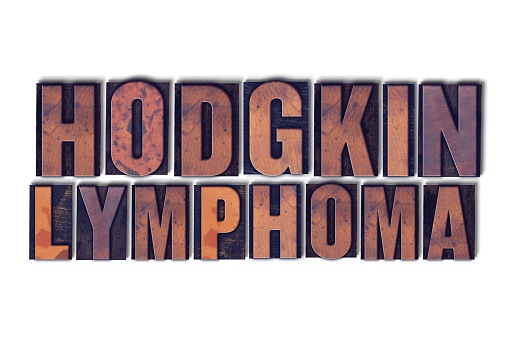A new study showed that the addition of the anti-CD30 antibody drug brentuximab vedotin effectively reduces side effects and radiation exposures in high-risk pediatric Hodgkin lymphoma. The study was published in the Journal of Clinical Oncology.
In this phase 2 clinical trial, comprised of 77 patients, researchers replaced the chemotherapy drug vincristine with brentuximab vedotin in the frontline treatment regimen of pediatric Hodgkin lymphoma.
According to the results, the overall three-year survival for the trial was 99%, and 35% of patients were spared radiation. “I think of brentuximab vedotin as a smart drug,” said first and corresponding author Monika Metzger, M.D., St. Jude Departments of Oncology and Global Pediatric Medicine. “Unlike conventional chemotherapy, which can have wide-ranging effects on all cells of the body, this drug knows to go directly to the Hodgkin lymphoma cells – maximizing its effect while minimizing side effects.”
“We have already reduced the use of radiation for low-risk Hodgkin lymphoma patients. In this study we’ve shown that it is also possible to either omit or reduce the extent of radiation for high-risk patients, using highly focal methods such as proton beam radiation or intensity modulated radiation,” said co-senior author Matthew Krasin, M.D., St. Jude Department of Radiation Oncology.
Credit: Original article published here.






